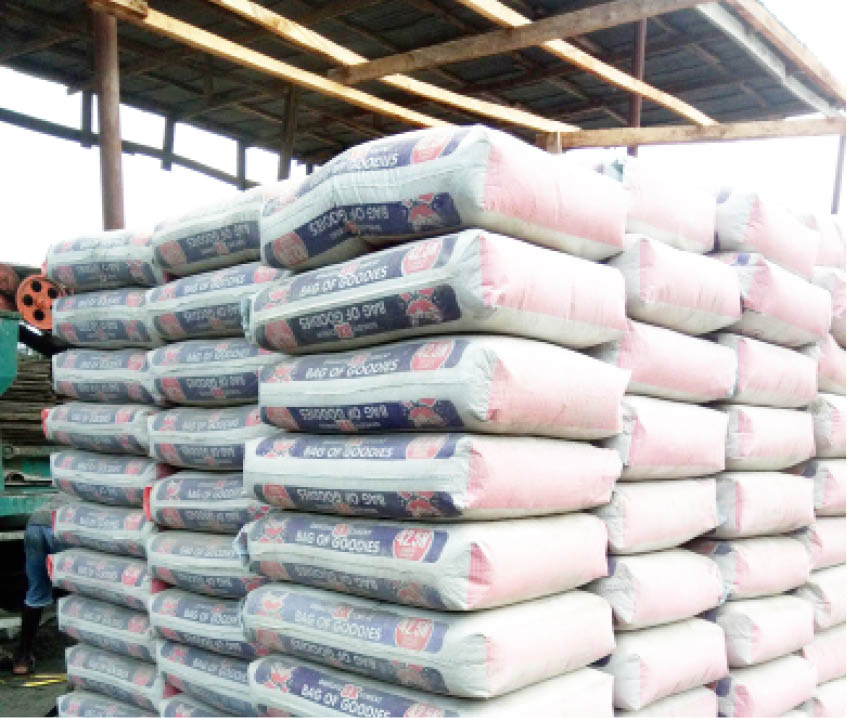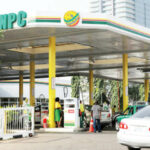Recent media reports claimed Dangote cement is cheaper in some African countries than in Nigeria where the company operates and the raw materials are sourced.
For instance, a key online media outlet in Nigeria reported that Dangote Group sells Cement for N1,800 in Zambia, but N3,500 in Nigeria.
“The Dangote Cement Group sells its product in Southern African country, Zambia, for at most 110 Kwacha which equals to about N1, 800 in Nigeria, while the same product sells for not less than N3, 500,” the report stated.
Similarly, a Twitter user, Bashir Abdullahi, tweeted using his handle, @officialkingZur, that Dangote cement is cheaper in Ghana than in Nigeria.
Abdullahi tweeted, “Dangote cement is the most expensive in the world, in fact Dangote cement is cheaper in Ghana than Nigeria. Why do you think his petrol will be different?”
However, recently, Dangote Group debunked the claims that its cement price was cheaper in other African countries than in Nigeria.
Dangote’s Group Executive Director, Strategy, Portfolio Development & Capital Projects, Devakumar Edwin, recently explained in a statement that while a bag of cement sells for an equivalent of $5.1, including Value Added Tax (VAT) in Nigeria, it sells for $7.2 in Ghana and $5.95 in Zambia ex-factory, inclusive of all taxes.
The company disclosed that the price of a bag of cement from its factories and plants across Nigeria as at April 12, 2021, is N2,450 in Obajana and Gboko, and N2,510 in Ibese inclusive of VAT.
Importantly, the company said it has direct control over its ex-factory prices, but cannot control the ultimate price of cement when it gets to the market even as it has not increased ex-factory prices since December 2019 till date while it production cost has gone up significantly.
On while there is a wide gap between its ex-factory prices and market prices, the company explained that demand for cement has risen globally as fallout of the COVID crisis.
“Nigeria is no exception as a combination of monetary policy changes and low returns from the capital market has resulted in a significant increase in construction activity. To ensure that we meet local demand, we had to suspend exports from our recently commissioned export terminals, thereby foregoing dollar earnings,” the company explained.
A recent market survey by the Daily Trust on Subday in Abuja, Nasarawa, Kaduna, and Niger states revealed that a 50kg bag of cement (across brands) has risen from N2,600 retail price to N3,100 in late November 2020 and now sells for N3,300.
However, checks showed that the price has further risen to between N3,700 and N4,500 across the country.
In January, 2020, the Permanent Secretary in the Ministry of Industry, Trade and Investment, Nasir Sani-Gwarzo, blamed the general cement price hike in the country on the reduction in production volumes in the second and third quarters of 2020 caused by the COVID-19 Pandemic and ENDSARS protests which disrupted production in the manufacturing plants.
Sani-Gwarzo said the development affected the volume of stock levels in the supply chain due to reduction of cash flow of major distributors and high cost of transportation.
The Permanent Secretary further noted that there has been a massive build-up of demand from public works contractors as they are in a hurry to meet milestones and deadlines on projects across the country.
“We urge the public not to embark on panic buying and storage of the product as the current market price is temporary,” he said.
The Executive Secretary of the Cement Manufacturers Association of Nigeria, James Salako, recently told Daily Trust on Sunday that manufacturers had not increased price.
Salako said the distributors’ chain may also have a part in the current prices.
He said the situation is exacerbated by increasing demand for the product about this time of the year since the construction industry lost some time during the complete shutdown of the country.
“We think what is happening is transient. It will not last,” he said.

 Join Daily Trust WhatsApp Community For Quick Access To News and Happenings Around You.
Join Daily Trust WhatsApp Community For Quick Access To News and Happenings Around You.


